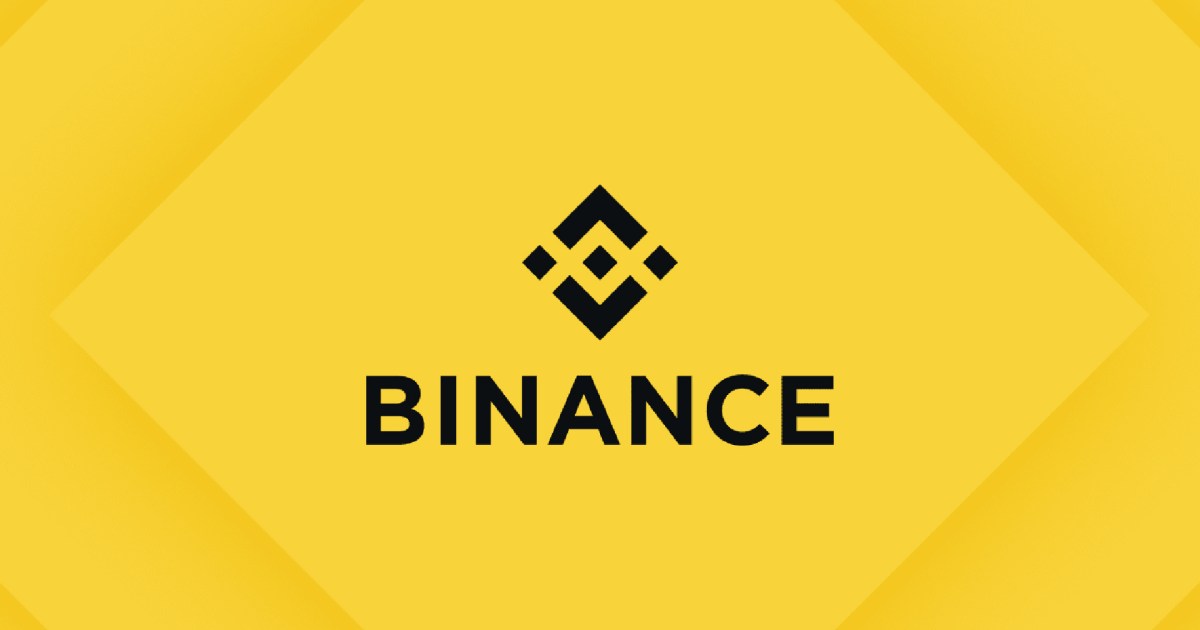With nearly $2 trillion worth of cryptocurrencies becoming part of the global economy, President Joe Biden's March 9 executive order requires every US government department to formulate urgent proposals on how to integrate cryptocurrencies into the economy.
The astonishing rise of cryptocurrencies has overtaken financial rules, creating gray areas in which innovative startups can thrive.
The idea of BINANCE when it launched in mid-2017 was a cryptocurrency store that ordinary people — whether they had $10 or millions — could invest in.
Fortune published a report by Vivian Walt, in which she talks about the size of Binance and how this startup captured this volume of the cryptocurrency trading market until its revenue reached about $20 billion in 2021.
The writer pointed out that crypto-asset trading remained on the fringes of the financial world for years until the outbreak of the epidemic that forced millions of people stuck in their homes to search for ways to invest their threatened savings.
As tales of get-rich-quick cryptocurrency spread and Elon Musk tweets, traditional financial institutions have moved from caution to welcoming, as PayPal started accepting cryptocurrency payments last May, and Visa Inc. Cryptocurrency-linked credit cards.
After 5 years, Binance now allows 482 digital assets to be traded alongside its cryptocurrency “BNB”, and the number of users has reached 1.6 million users on its non-fungible token platform.
Bloomberg estimates that Binance's revenue has more than tripled over the past year, from $5.5 billion in 2020 to about $20 billion in 2021, mostly from trading fee revenue.
They have the best technology, the best platform, and the best execution,” says Chris Brendler, senior fintech equity analyst at investment services firm DI Davidson in New York.
But what Binance lacks - according to the writer - are the guarantees, checks and balances that the public in general expect from its financial instruments.
With employees scattered all over the world, Binance (like many other cryptocurrency projects) has not made a decision for a long time on whether or not to be headquartered.
When Binance launched in July 2017, it was registered in Hong Kong, and weeks later China banned cryptocurrency trading, the company then moved to Japan and then to Singapore, and the main Binance company is currently registered in the Cayman Islands.
Cryptocurrencies and digital assets have become a problem for the global financial system in the absence of national borders and links with fiat currencies or traditional banks, and the use of cryptocurrencies for drug deals, ransom payments and money laundering has caused major scandals.
Many turned their attention to Binance as regulators pursued cryptocurrencies, with the United Kingdom and Japan last year warning the company against trading without a license, as well as Thailand, which filed a criminal complaint against Binance, in addition to being currently prohibited from advertising its business. In those countries and other countries.
Binance has also come under pressure due to the products it hosts, and started trading in so-called stock tokens in early 2021, which are crypto assets linked to the value of traditional stocks, and this has angered regulators in many countries, which led to the withdrawal of these assets in July.
In September, US officials opened an internal investigation against the US subsidiary of Binance to verify whether the branch or its employees had used user data to profit from their own customers' orders before they were executed.
And the company's lack of a fixed headquarters angered several officials, including the UK's Financial Conduct Authority, which said Binance's "wide geographical reach" made it impossible to supervise.
Aiga Legnissa, an international arbitration lawyer based in Paris, says the frequent changes to corporate headquarters amount to attempts to "bypass jurisdiction", especially as it conducts its business in the most regulated areas.

